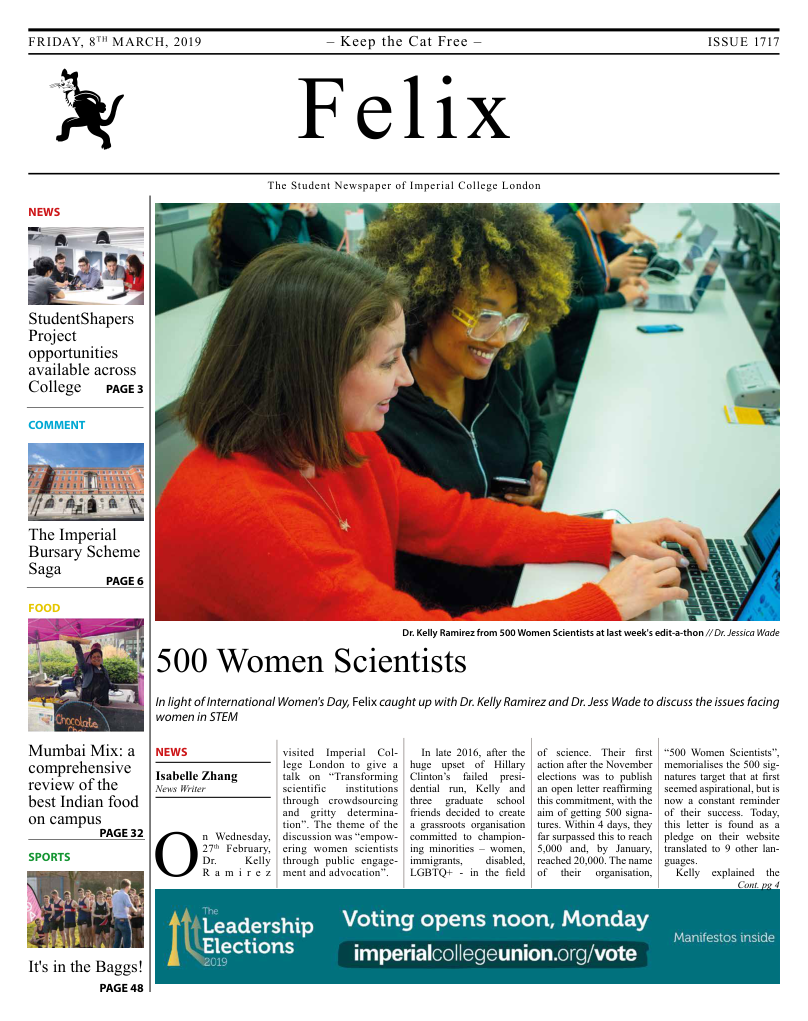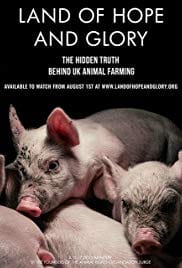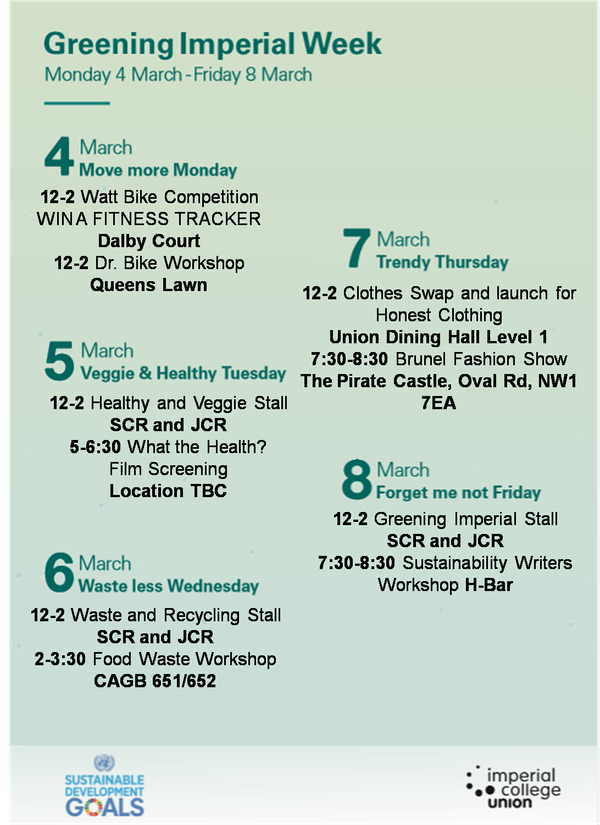Don’t call your country “developed”
Implicitly labelling wealthy countries as the role model for development countries is a bad idea for humanity
Is the UK developed or developing? What about Vietnam - developed or developing?
The World Bank no longer uses the terms “developed” or “developing” and I couldn’t agree more. The distinction of “developed” and “developing” countries date to the period just after the Second World War, when institutions such as the United Nations (UN) and World Bank were founded, which defined the terms. One of the key objectives of these institutions was to drive development and reduce poverty with the hope that this will avert future catastrophic conflict. This was the time of the baby boom and when US, where these organizations are based, did not question its position as the world superpower. It was the time before Silent Spring and the realization that natural resources are bounded. This drive for globalization has had a huge impact on the world since and undoubtedly has had an immense success in improving the quality of human life in the past half century.
According to GapMinder, life expectancy at birth in Vietnam was consistently 30 years old between 1875 and 1939. Today it is 75, higher than that of any country before the Second World War and barely differs from that of the longest living countries today. The UK, for all its investment in healthcare, has a life-expectancy of just six years longer than that of Vietnam today. This is not to say that healthcare is not far better in the UK than Vietnam, but it highlights that development has been such a success that the gap between wealthy and poor nations in terms of fundamental human needs as a whole is diminishing.
One of the reasons behind the movement to globalization by organizations such as the UN was that trade makes countries inter-dependent and acts as a counterbalance to war, a concern which was very much on the minds of leaders at the time. In theory, if one country goes to war with another, they hurt themselves in losing trade with their opponent and any of their allies which decide to enforce trade barriers.
This is just a sketch of a complex and nuanced political and economic theory, and not one which is the topic of this discussion - the question is not whether global trade between “developing” and “developed” countries does or does not ensure global peace.
The question is thus whether dividing the world into “developing” and “developed” countries is meaningful and secondly whether the development is sustainable.
What is the difference between “developed” and “developing”?
The UN argues that “the designations ‘developed’ and ‘developing’ are intended for statistical convenience and do not necessarily express a judgement about the stage reached by a particular country or area in the development process”. However it admits that “there is no established convention for the designation of ‘developed’ and ‘developing’ countries or areas in the United Nations system”.
Why is it that the terms “poor” and “wealthy” do not suffice? Why do we talk of “developed” versus “developing” - which only replaced the similarly loaded terms “first world” and “third world”? It is because those in the “first world” elected the terms. In case you are wondering, the “second world” disappeared with the fall of the USSR and the communist states which it was used to denote. The term “developing” implies that such countries will eventually become like the “developed” ones with sufficient fortune and good leadership. However, are societies of “developed” consumerist societies really so first-rate as the language we use implies?
Inevitably through historical or geographical circumstances some countries have fewer resources, less power or less developed industry than others, and it is along this distinction that the divide of “developed” and “developing” are drawn. The IMF, another organization heavily involved in development, defines developing countries on the criteria of “(1) per capita income level, (2) export diversification ... and (3) degree of integration into the global financial system”. In other words, the grade of development is based on material wealth and power of individuals (in the first criteria) and of the amount of global trade a country engages in (the second and third criteria).
Is development sustainable?
We all sense that more material wealth, once above a certain threshold, is weakly correlated with happiness. What it does give is power to decide what is produced within society. For instance individuals can use their economic power to choose electricity from a renewable energy supplier and thus increase the proportion of electricity generation from renewable sources.
But economic power also gives the ability to do things which are not sustainable. Even I have been tempted to invest in the next generation phone or a flight abroad even though it is not a fundamental human need and I am well aware of the carbon footprint.
Even if we try to avoid the temptation, the ability to do something has the subversive effect of reducing choice. For instance, because smartphones are so cheap and readily available it is expected that everyone has one. Even if we set aside the isolation from social contact by this simple luddism even the most basic of services such as banking, healthcare or accessing government will not work without. This unarguably makes government more efficient and allows easier access, but also relies on devices made from resources with finite supply and huge social and environmental impacts in their production which presently are treated as pretty disposable.
Though levels of consumption of natural resources by “developed” nations per person aren’t rising, they don’t look set to fall to sustainable levels. They are far higher than that of the “developing” nations where most of manufacturing and primary production has been relocated. Alongside providing for the wealthy countries, developing countries are showing a rapid rise in consumption.
If the entire world’s population were to live as an average person in a “developed” country we would need vastly more resources than can be foreseeably produced. If development means becoming like “developed” countries, development is a rather short-sighted pursuit. Rather than defining development on wealth, which there is a finite supply of, there must be something deeper to define the distinction on. What should this something be?
I don’t have the answer, but my belief is that one criterion is meaning. When something is expensive we find meaning in buying it - it is precious because we had to sacrifice having that thing over having something else. Equally we find meaning in work, in friendship, in understanding a scientific theory, in solving a cross word puzzle, reading an article in the newspaper. I don’t think it would be easy to quantify such a thing as meaning as we do with money and life expectancy. Indeed I don’t know if it is quantifiable, but if it is then it is possibly the most limitless resource. The current metric by which economies are measured are rather more correlated with material wealth, a finite resource, than is sensible.
We all want people to live meaningful lives, and we are aware that not everyone has the opportunities that people in “developed” countries. However, what if having the wealth which those in “developed” nations have is not healthy? What if we actually need to sacrifice something from our own lives so that we can live more equally with others on our planet?
I don’t have the answers. I have only more questions. I hope you’d agree that we should question whether, from an environmental perspective, “developed” nations are really so developed.









